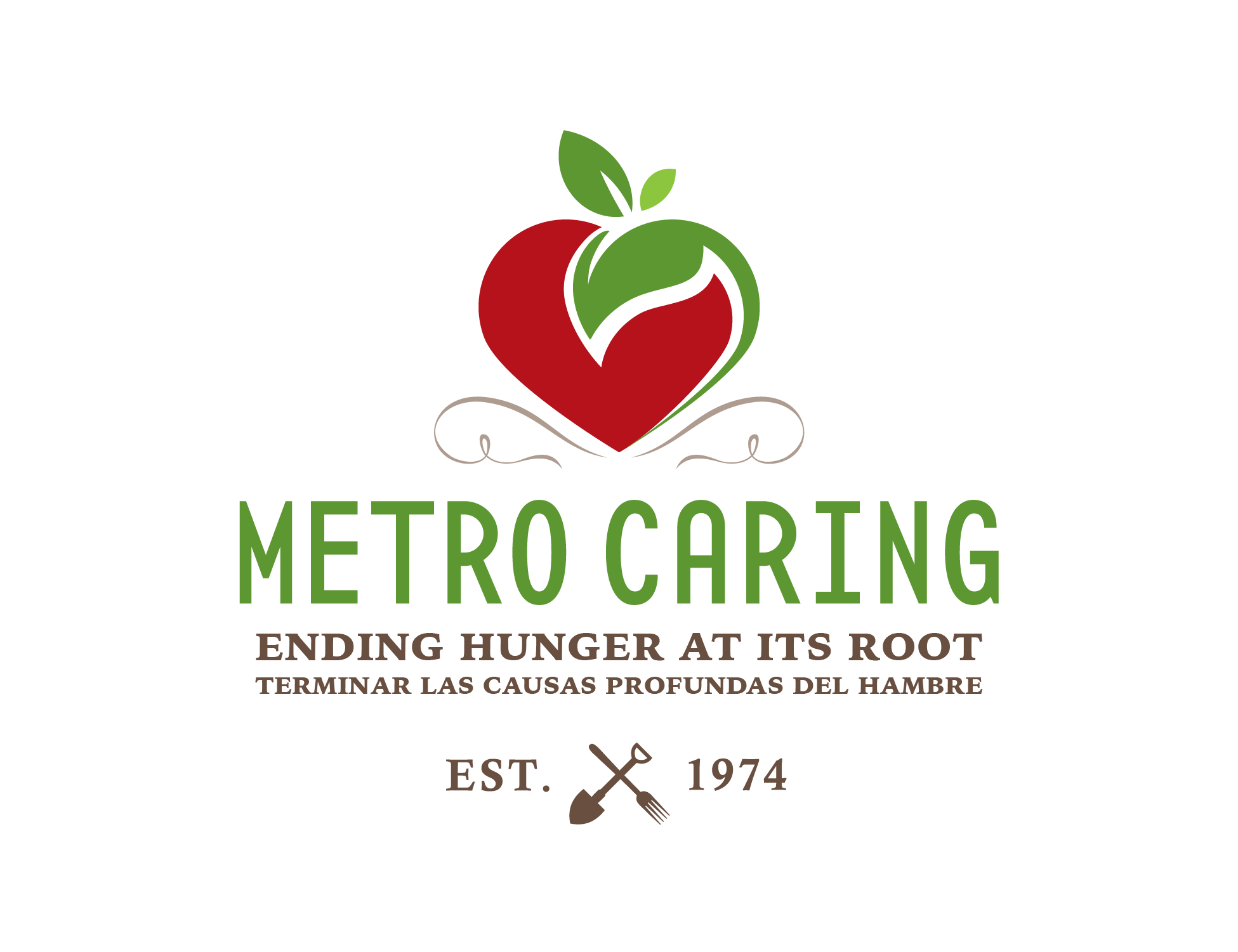Reflection on Diversity and Inclusion Training
By Lannea Hand, RDN, and Metro Caring's Nutrition Programs Manager
“Diversity happens when we all walk into the room. Inclusivity is what we choose to do with that.”
The atmosphere in Metro Caring’s Welcome Area, bursting with nearly sixty volunteers and staff, charged with attentiveness as the facilitator spoke. We came to the Diversity and Inclusion Training on September 6 with our own identities and life experiences, wanting to learn, share and see Metro Caring fine-tune the focus on equity.
The facilitator went on, “What’s the difference between equality and equity?”
I imagined a racetrack where all the runners line up in a row, in what appears to be an equal position. The reality is that the outside runners have to run farther and faster to keep up, while the middle runners enjoy a shorter, easier race. Treating people the same doesn’t work when people have not been dealt the same deck of cards in life. Equity means that everyone is treated as an individual and they get access to what they need to succeed.
I am white. Asking me to describe that used to be like asking a fish to describe water. It is easier now. I have worked to understand my own intersecting identities, including my skin color. I have started to create a framework to understand this dark underbelly of systemic racism that creates unearned privilege and benefits for some people, and makes it incredibly hard for others to get ahead. A paradigm-shifting book called “Waking Up White, and Finding Myself in the Story of Race” by Debby Irving, really enlightened me. I realize the difficulty in “pulling yourself up by your bootstraps”, if a system keeps taking away your boots. Equality won’t solve a system like this. Equity can.
Ever seen this video? For many of us at this training, it was the first time. As it ended, the general reaction was, “Wow.” “Ugh.” I heard a couple volunteers say it hit close to home with their personal experience.
Though the video uses stereotypes or “essentializing” to make a point, reality can be more complex. The facilitator shared that Kimberlé Crenshaw (the Columbia Law professor behind the film) had also developed the concept of intersectionality. The idea is that each of us carries many different identities (race, socioeconomic background, gender, sexual orientation, language, etc.) that intersect one another, making us multi-faceted beings interfacing with the world.
I could have listened to ideas of privilege and identity forever, but the facilitator did an excellent job of transitioning these tough concepts into actionable steps. Everyone broke up into lively groups to discuss how we could use a lens of equity in our work at Metro Caring. It all boiled down to these three action steps:
- Active listening, to understand where each participant is coming from
- Skillful questioning, to dig deeper, catalyze motion, create options and identify choices
- Using a strengths-based perspective, viewing each person as a “treasure chest”
We asked ourselves how we were similar to Metro Caring participants. “I get cranky when I’m hungry!” exclaimed one staff member. A volunteer shared that she also got frustrated with bureaucracy, when the system wasn’t working for her. “I’m looking for a welcoming environment with no judgement,” shared another.
When we walk into the room, diversity happens. How can we all be more inclusive at Metro Caring?
The next Diversity and Inclusion training is Wednesday, February 7, 10:00 am-12:30 pm. Contact Megan at MMaes@MetroCaring.org to save your spot!

